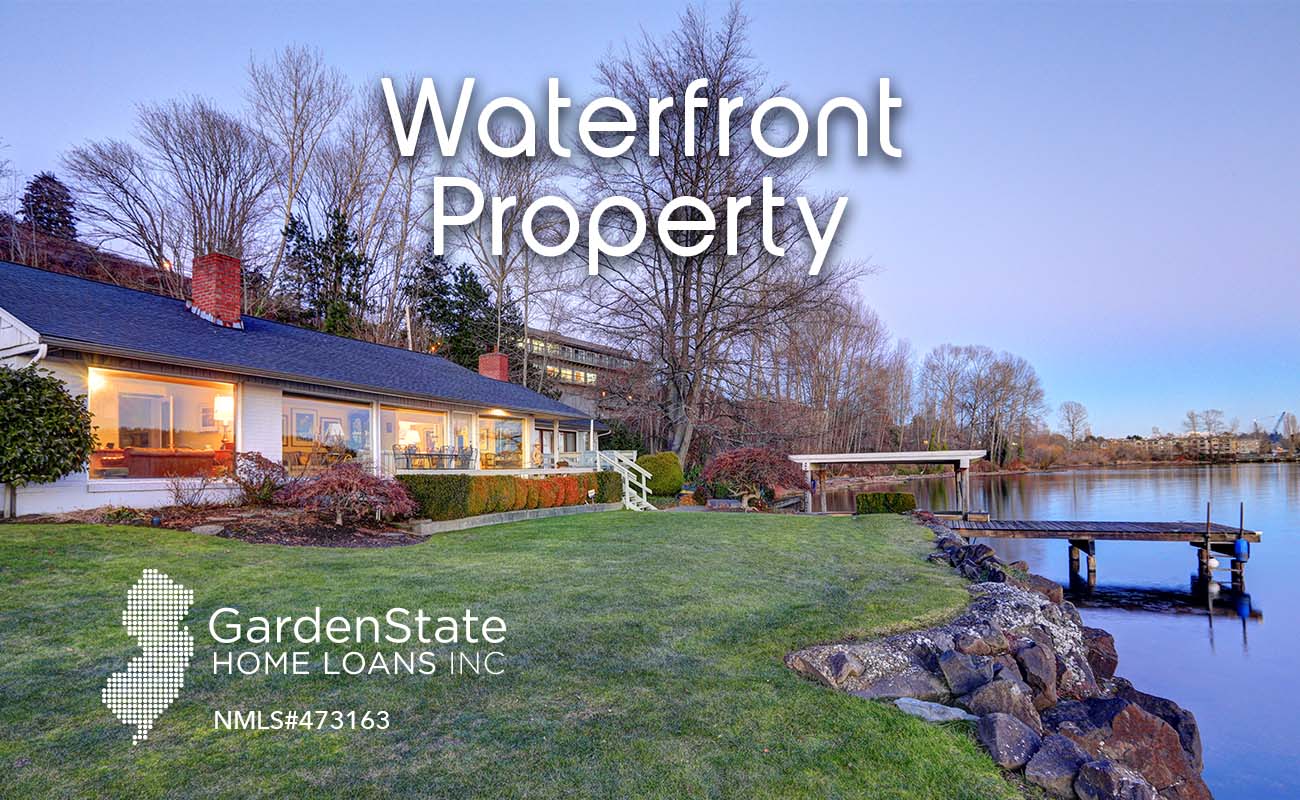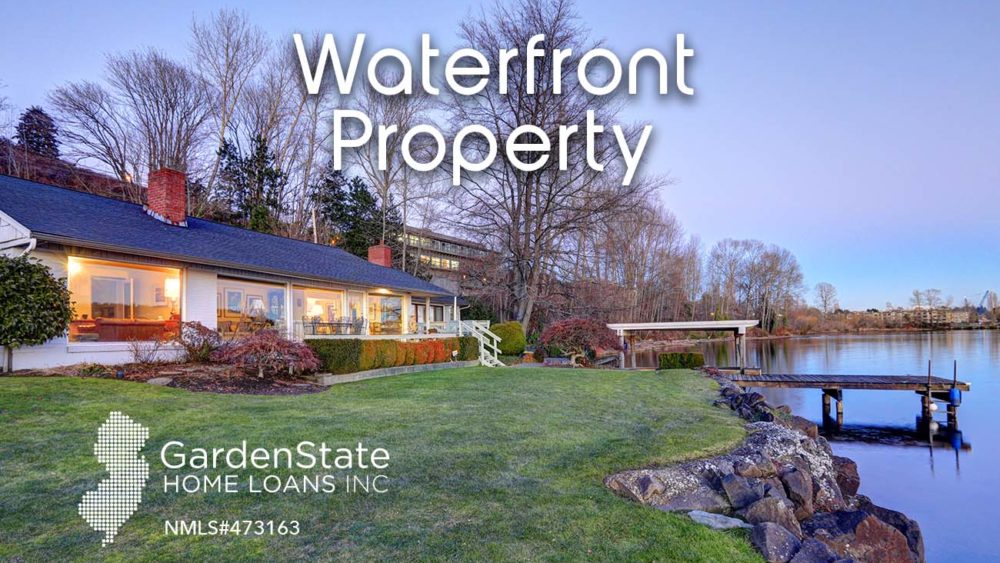
How to Choose a Waterfront Property
Waterfront properties are a hot commodity, but what do you need to know before you purchase one? Here are some things to consider.
-
Decide what body of water you want to be on
The first step to finding a waterfront property is deciding what type of water you want to live on. If you’re looking for the sound of crashing waves, you’re going to want to live near the sea. A property on the bay may give you the same salty air, but not as much action. If you want to use powerboats, a large lake might be your best bet, but if you’re looking for peace and quiet, a lake might not be the best location. A smaller body of water is perfect if you want more privacy.
-
Research shoreline history and future
Once you have decided where you want to live, you should look into the shoreline history of where you are buying. Water and dirt don’t mix well, and the shore can move. If the water level moves up, there can be damage to your home, and you might even lose it. If the water level goes down, your beachfront home could end up being further away from the water.
-
Walk the property carefully
Look at the property carefully. Your view may be great, but you may not have great access to the water. You should also inspect the water around the property. The water may look great, but it could be full of weeds and debris. When you’re buying a waterfront property, the water is important! Make sure that everything is perfect for you before you purchase. Additionally, make sure that you are inspecting the actual building before purchasing a home. Waterfront homes can be hard on the structure of the home. Corrosion can happen on the exterior of the home because of the salty air, and mold/mildew can become an issue because of the moisture in the air. Before purchasing that waterfront dream home, make sure to get an expert to inspect your home.
-
Check insurance requirements
Waterfront properties have an increased risk of flood damage, and can also be at risk for hurricanes or earthquake damage. Insurance may be costly, but could ultimately be worth it.
-
Look for hidden costs
As with any home, waterfront properties carry hidden costs that may not be thought about when purchasing. Water and sewer rates can be more expensive than other properties inland. Boat dock and lift fees are additional expenses that you would have to consider, as well as septic tank and well upkeep.
-
Choose a property that truly fits your lifestyle
What activities do you want to do when you are at your waterfront property? If you want to be out on a boat all day, make sure you’re purchasing a home that’s close to a marina. If you like deep-sea fishing, you probably don’t want to be in a home that’s far away from the ocean. Make sure to go over what you want to do, and visit properties that match them.
-
Make sure the structure can withstand weather
Waterfront properties can get damaged more easily by the weather, so make sure to put preventative measures into place. Storm shutters can be put into place in areas that are prone to hurricanes, and stainless steel locks help to avoid corrosion from salty air.
-
Find out what you can do with the property
If you are planning on adding anything to your property, make sure that the process is possible before getting started. Additionally, make sure that you know what activities are allowed on the body of water you are purchasing on. Some areas may have restrictions on different watercraft types.
-
Talk to neighbors
If possible, talk to the neighbors about the house you are looking to buy, or the area in general. See if they had any issues with their property, or if they encountered any waterfront-related issues. And, it never hurts to meet the neighbors ahead of time!
-
Look into utilities
Utilities may be something you take for granted, especially if you live in a suburban home. However, it may not be easy to bring these to a waterfront property. Bringing utilities like cable, internet, and other such things may prove difficult and costly, especially if the property is in a somewhat remote location. Be sure to look into these issues before purchasing any property.


Comments are closed.